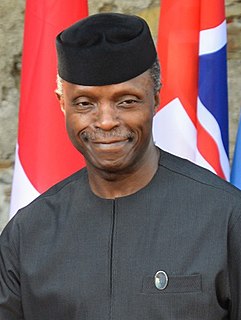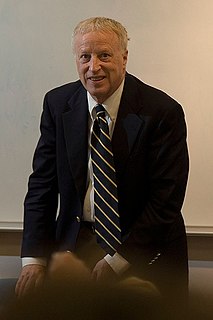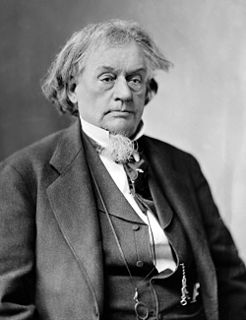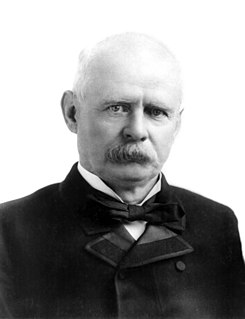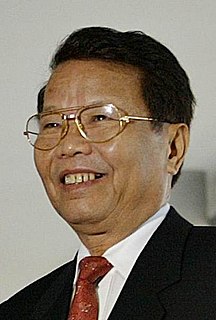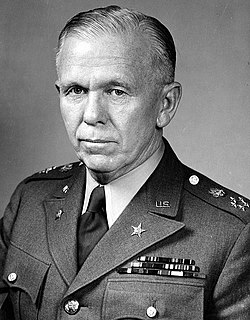A Quote by Yemi Osinbajo
Great economies and great nations, prosperity, and abundance of nations and communities are created by men and not spirits.
Related Quotes
Globalization has become an ideology with no constraints. And now, nations are forcing themselves back into the debate. Nations with borders we control, with people that we listen to, with real economies, not Wall Street economies, but rather factories and farmers. And this goes against this unregulated globalization, wild, savage globalization.
Some time ago a little-known Scottish philosopher wrote a book on what makes nations succeed and what makes them fail. The Wealth of Nations is still being read today. With the same perspicacity and with the same broad historical perspective, Daron Acemoglu and James Robinson have retackled this same question for our own times. Two centuries from now our great-great- . . . -great grandchildren will be, similarly, reading Why Nations Fail.
The founders of the United Nations expected that member nations would behave and vote as individuals after they had weighed the merits of an issue - rather like a great, global town meeting. The emergence of blocks and the polarization of the United Nations undermine all that this organization initially valued.
I am certain that a solution of the general problem of peace must rest on broad and basic understanding on the part of its peoples. Great single endeavors like a League of Nations, a United Nations, and undertakings of that character, are of great importance and in fact absolutely necessary, but they must be treated as steps toward the desired end.
